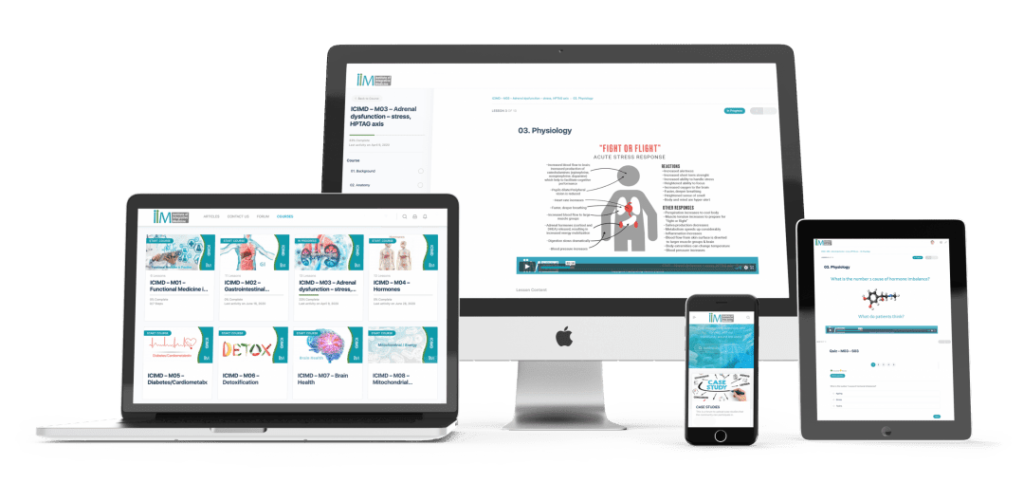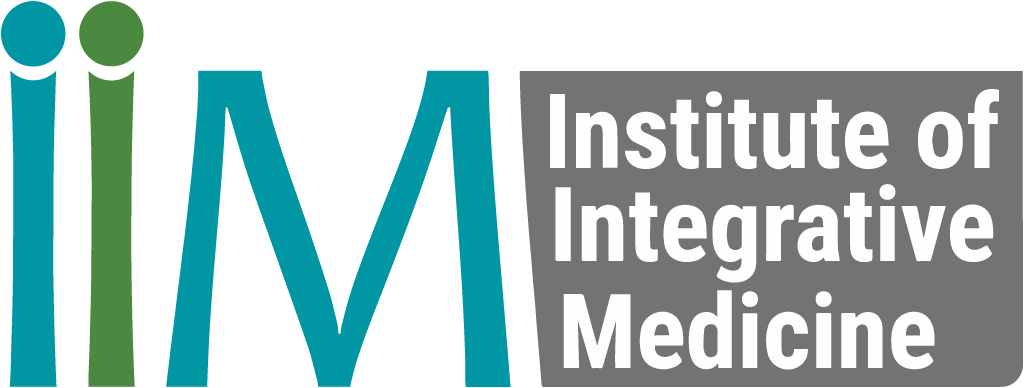Bredesen Protocol: Prevent and Reverse Alzheimer’s Disease
The Bredesen protocol is a personalised approach to reduce cognitive decline. There is potential for it to revolutionise the way we care for our elderly population and could lead to an improved quality of life for those living with Alzheimer’s and dementia.

Predictions suggest that over the next few years, Alzheimer’s Disease will become an increasingly serious and expensive issue for public health. The goal of treatment is to delay the progression of the disease as much as possible, in order to improve the quality of life for patients. Research shows that the Bredesen protocol is a highly effective treatment for improving the cognitive abilities of patients with Alzheimer’s disease and mild cognitive impairments. As a result of using this personalised program, statistically significant improvements were shown. It was found to be safe, effective, and well-tolerated by patients. The study suggests that the Bredesen protocol is a promising treatment for Alzheimer’s disease and mild cognitive impairments.
Cognitive decline in Alzheimer’s Disease
In people aged 65 and older, Alzheimer’s disease affects roughly one in nine people. About one in three people will develop Alzheimer’s by the age of 85. Over the next few years, this disease is predicted to become an increasingly serious and expensive public health issue. The risk of AD increases with diabetes, high blood pressure, and obesity. Those suffering from this disease can lose their independence and quality of life dramatically as a result of its devastating effects. There is no cure, however the goal of treatment is to delay the progression of the disease and give patients a better quality of life.
Prior clinical trials for the treatment of AD concentrated on one type of treatment, such as a drug or therapeutic procedure. However, these therapies fail to address the primary causes of neurodegeneration. In a research paper published by the Journal of Alzheimer’s Disease, researchers attempted to address potential causes of cognitive decline based on a personalised approach.
Reverse of Cognitive Impairment using the Bredesen Protocol
The study hypothesised that Alzheimer’s disease is a network dysfunction caused by multiple factors, resulting from repeated insufficiency of the neuroplasticity network. Infections or exposure to toxins are thought to either increase the demand or decrease the support of this network, leading to cognitive impairment.
In the study, patients with Alzheimer’s Disease or Mild Cognitive impairment were evaluated for specific biomarkers, including:
- Chronic infection markers
- Inflammation markers
- Insulin resistance markers
- Dysbiosis markers
- Hormone insufficiency / dysregulation
- Vascular disease
- Nocturnal hypoxemia
- Nutrient deficiencies
- Toxin exposure
- Genetic predisposition
- Other biochemical parameters related to cognitive decline
For nine months, patients were treated with the Bredesen protocol. The goal of this treatment plan is to prevent and reverse cognitive decline. The protocol took into account each patient’s identified risk factors, with cognition assessed every three months. Some assessment tools used in the study included the Montreal Cognitive Assessment (MoCA), CNS Vital Signs, AQ-21 and the AQ-C change scale.

Finding the root cause of cognitive decline
In functional medicine, the Bredesen Protocol is based on the theory that Alzheimer’s disease is not a single disease. Instead, it is a collection of different factors that can damage the brain. These factors include inflammation, insulin resistance, mitochondrial dysfunction, and impaired DNA repair.
Each of these variables were addressed by the Bredesen Protocol with a combination of lifestyle changes, supplements, and medication. Lifestyle changes include a healthy diet, exercise, sleep, stress management, and cognitive training. Supplements included vitamins, minerals, antioxidants, and herbs. Specific conditions, such as inflammation and insulin resistance, were treated with medication.
Brain magnetic resonance imaging with volumetrics was conducted at the beginning and end of the study. Results indicated that the intervention had a substantial positive effect on cognitive functioning on all outcome measures. A statistically significant improvement was observed in the assessment scales, with no adverse events reported.

Implementing the Bredesen Protocol
According to this study, personalised, precision medicine such as the Bredesen approach can reverse cognitive decline, mild cognitive impairment, and early dementia. This protocol could be used as an effective approach to reduce cognitive decline risk, and serves as a way to potentially revolutionise the way we care for our elderly population. This could lead to an improved quality of life for those living with cognitive decline and dementia, and reduce the burden on healthcare systems. By providing more effective treatments, we can ensure that people can live longer and healthier lives.
The Bredesen Protocol is available through PreCODE for prevention and ReCODE for reversal, which opens up new avenues to prevent and treat Alzheimer’s disease. Read the full research publication here, and don’t forget to check out our webinar with Dr. Dale Bredesen and Apollo Health if you are interested in learning more about the reversal of cognitive decline with the Bredesen protocol. The IHP Program also offers Module 7: Brain Health, which explores the integrative medicine approach to neurocognitive dysfunction.
How do I Become a Functional Medicine Practitioner to learn more about Cognitive Decline?

The Institute of Integrative Medicine is a global leader in the field of Integrative Medicine Education. Integrative medicine aims to be at the forefront of modern technology and new discoveries. Cognitive decline is one of the most prevalent issues faced by the elderly population today. Precision medicine may be the key to prevent, reverse and treat this dysfunction. We offer certified online courses helping you to take charge of your practice and improve the quality of life for your patients.
Find out more about the courses we offer today!
